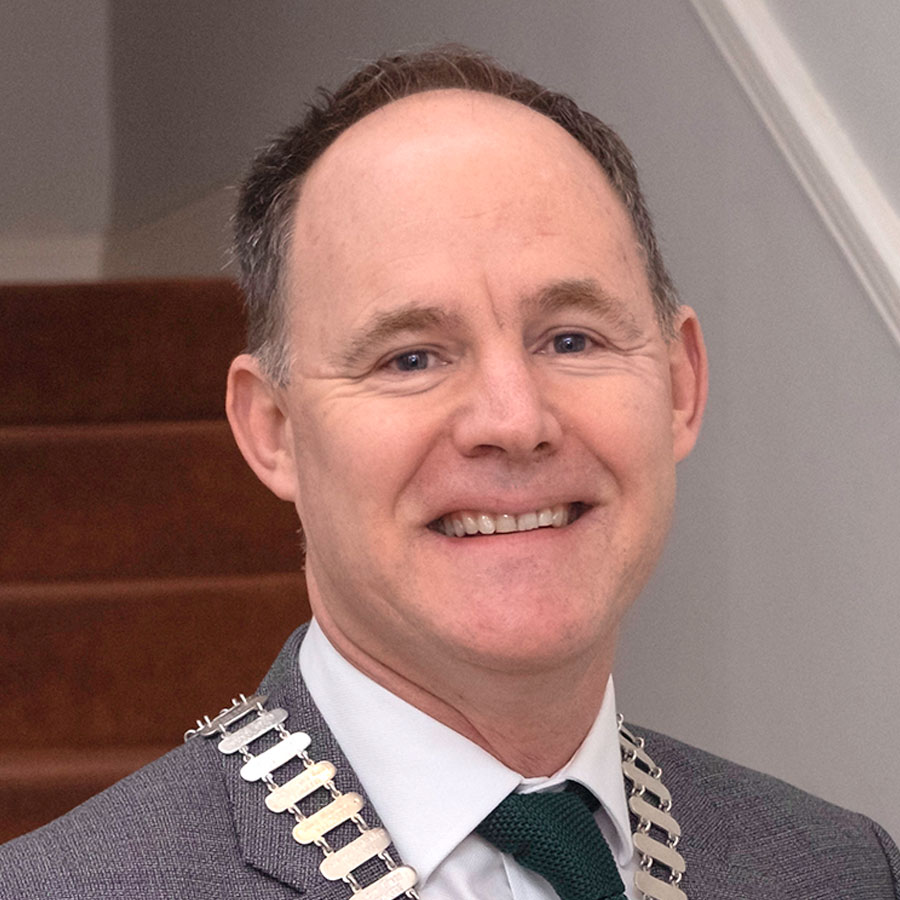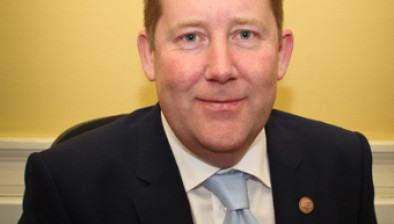An Bord Pleanála allegations ‘risk undermining public confidence’ in planning system

Dr Conor Norton
Allegations of conflicts of interest within An Bord Pleanála risk undermining public confidence in the planning system, the Irish Planning Institute has warned.
Remy Farrell SC was appointed by ministers in April to investigate allegations concerning the Board’s deputy chairperson Paul Hyde, which were originally published by website The Ditch.
The Office of the Planning Regulator recently announced plans to also carry out its own, separate review of processes and procedures in the Board.
Dr Conor Norton, president of the largest professional body for spatial planners operating on the island of Ireland, said both reviews “must be completed thoroughly and without any undue delay”.
He continued: “The reviews must also consider the procedures of appointment of Board members, the independence of the inspectorate in its decision-making and any conflicts of interest in governance protocols.
“In all of this it is important to appreciate the many years of service to society provided by current and former Board members.
“And it is vital to recognise and protect the expertise, independence and integrity of the highly-skilled professional planners of the Board’s inspectorate and the contribution they have made to a fair and transparent planning system and a more sustainable Ireland.
“It is imperative that public confidence in the Board and its critical role in Irish society is restored and reinforced.”
The Irish Planning Institute also said the introduction of strategic housing developments (SHDs) – which are being replaced with the new large-scale residential developments (LRDs) system – had “compromised the integrity and robustness of the processes and decision-making in the Board, and undermined a fundamental aspect of the Irish Planning System”.
“This is evidenced by the marked increase since 2017 of judicial reviews, many of which have related to strategic housing developments, and were caused largely by a combination of complexity and confusion around the process, and the frustration of communities and other stakeholders at the loss of access to a planning appeal on decisions for this type of development,” Dr Norton said.







